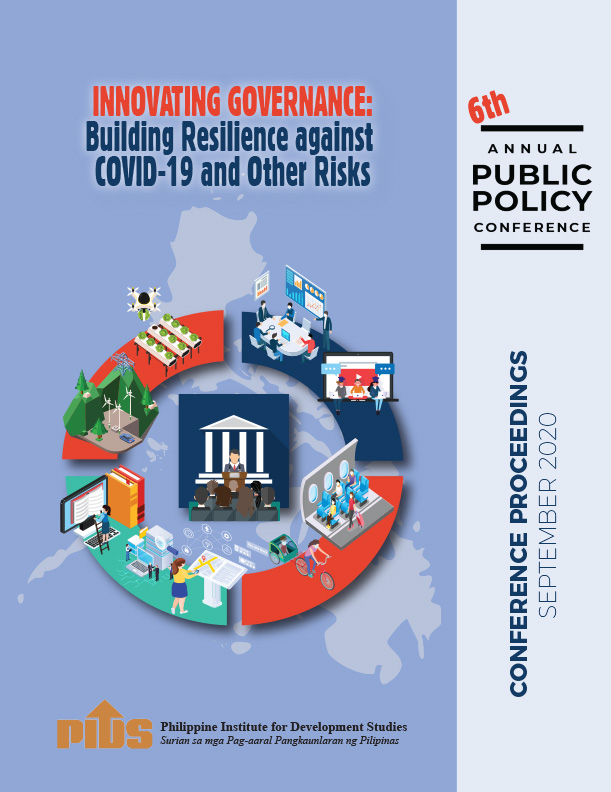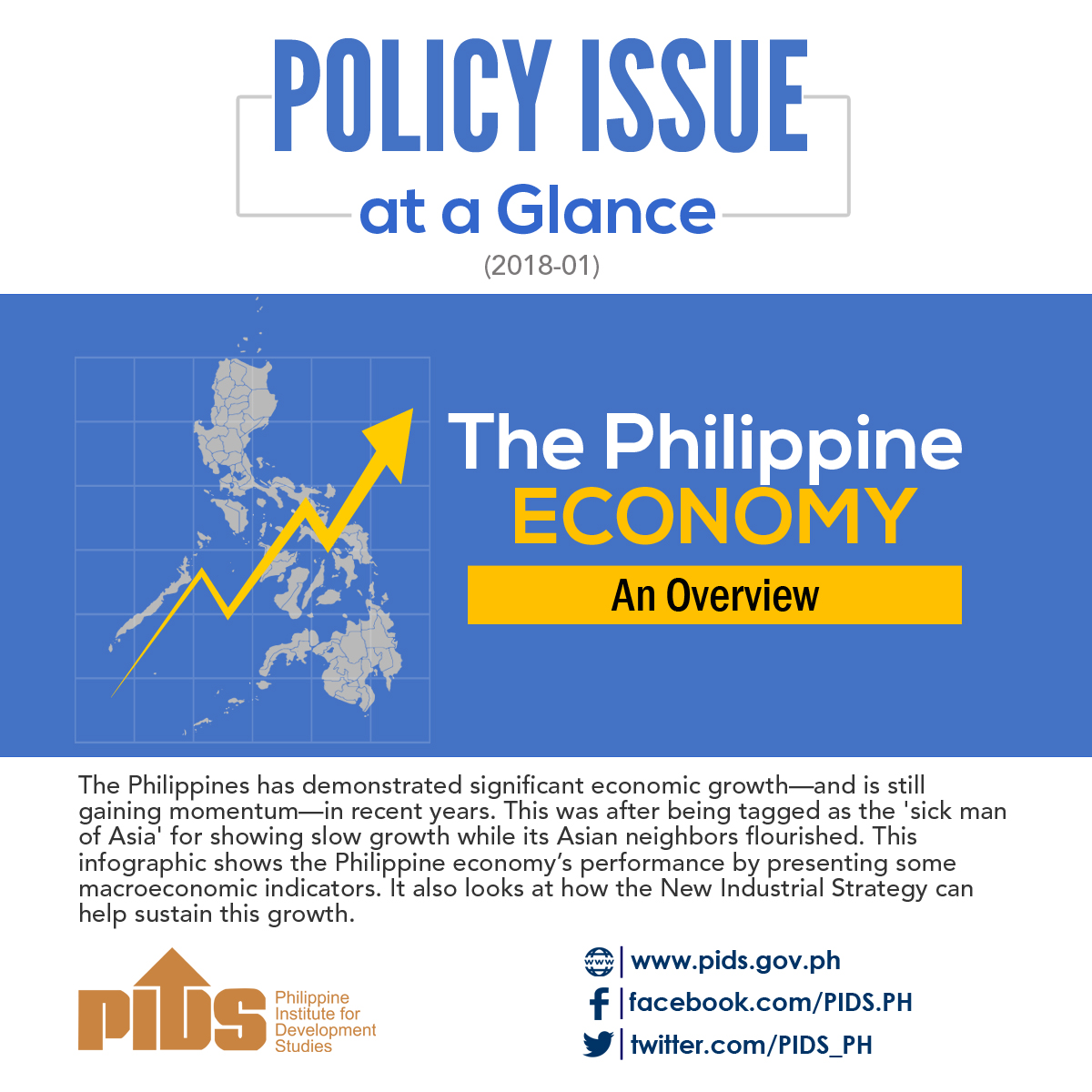China has emerged to be a world economic giant, ranking second next to the United States in terms of gross domestic product (GDP) in 2005. China`s economic leap has dramatically shaped the entire Southeast Asian economy including the Philippines. Economic expert and Philippine Institute for Development Studies (PIDS) President Dr. Josef T. Yap emphasizes that China`s economic escalation has adverse effects to be mitigated, and at the same time, benefits to be maximized by the Philippines.
According to Dr. Yap, the 3 main reasons why China maybe a threat to the Philippines are the strong inflow of cheap Chinese products in the Philippine market, resulting in the weakening of local firms and loss of employment opportunities; direct competition of lower-priced Chinese commodities with Philippine goods in the international market; and China being a favored destination among developing economies of foreign direct investments (FDIs).
On the other hand, Dr. Yap also specified that such threats can be looked into rather as opportunities to be utilized by the Philippines to improve its economy, most especially, in the competition between Chinese products and Philippine exports. Reports indicate that the top two export commodities of the Philippines as of 2003 electronic microassemblies and monolithic integrated circuits are not being exported by China. This is the industrial area wherein the Philippines could take advantage and develop more since China has yet to develop a more sophisticated industrial structure of their own.
In addition, `the literature points to the following factors as some of the most important determinants of FDImarket and political factors like market size and level of real income, worker skill levels, availability of infrastructure and other resources that facilitate efficient specialization of production, trade policies, and political and macroeconomic stability.` The Philippines needs to strictly monitor the above determinants.
The economic threat of China could in fact be an aid to develop ASEAN countries. Two-way trade in manufactures, growth of global product sharing and the expansion in product range, quality and markets by the developing countries are the three recent developments in present trading. Aside from trade, ASEAN countries could also benefit from the area of investment. In the case of the Philippines, `Filipino investments are contracted in China specifically in the areas of real estate which includes resorts, shops, and villas; commerce such as shopping malls; and manufacturing such as brewerage, glass, and chemical fiber. Investments in financial services are similarly expanding with the establishment of the Philippine Metro Bank in Xiamen and Beijing.`
According to Dr. Yap, the 3 main reasons why China maybe a threat to the Philippines are the strong inflow of cheap Chinese products in the Philippine market, resulting in the weakening of local firms and loss of employment opportunities; direct competition of lower-priced Chinese commodities with Philippine goods in the international market; and China being a favored destination among developing economies of foreign direct investments (FDIs).
On the other hand, Dr. Yap also specified that such threats can be looked into rather as opportunities to be utilized by the Philippines to improve its economy, most especially, in the competition between Chinese products and Philippine exports. Reports indicate that the top two export commodities of the Philippines as of 2003 electronic microassemblies and monolithic integrated circuits are not being exported by China. This is the industrial area wherein the Philippines could take advantage and develop more since China has yet to develop a more sophisticated industrial structure of their own.
In addition, `the literature points to the following factors as some of the most important determinants of FDImarket and political factors like market size and level of real income, worker skill levels, availability of infrastructure and other resources that facilitate efficient specialization of production, trade policies, and political and macroeconomic stability.` The Philippines needs to strictly monitor the above determinants.
The economic threat of China could in fact be an aid to develop ASEAN countries. Two-way trade in manufactures, growth of global product sharing and the expansion in product range, quality and markets by the developing countries are the three recent developments in present trading. Aside from trade, ASEAN countries could also benefit from the area of investment. In the case of the Philippines, `Filipino investments are contracted in China specifically in the areas of real estate which includes resorts, shops, and villas; commerce such as shopping malls; and manufacturing such as brewerage, glass, and chemical fiber. Investments in financial services are similarly expanding with the establishment of the Philippine Metro Bank in Xiamen and Beijing.`











